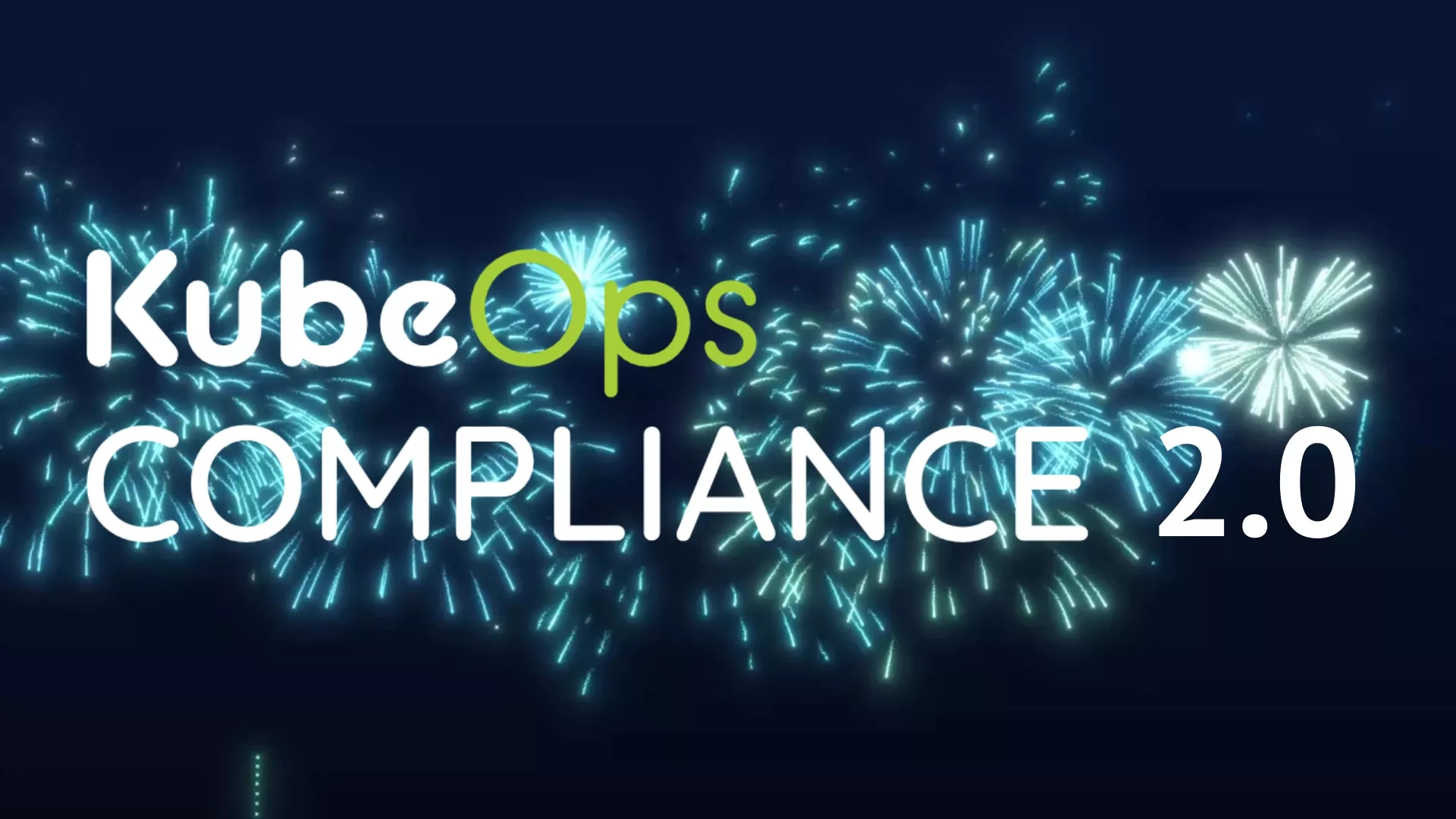Blogs
Security and efficiency in Kubernetes: An introduction to KubeOps KOSI

In today's world, where the security of IT infrastructures is paramount, choosing the right tools is crucial. Not only performance and efficiency, but also the use of the highest security standards is crucial here. The advanced Kubernetes software installer KubeOps KOSI offers exactly this level of functionality. Below we take a look at how KubeOps KOSI, developed and optimized for use in BSI-approved environments, improves security in Kubernetes environments.
KubeOps KOSI - An overview
KubeOps KOSI is specifically designed to simplify and secure the installation of packages and programs within Kubernetes clusters. One of its most important features is its optimization for BSI-tested environments, making it compliant with the strictest security standards.
KOSI offers increased functionality and simplified handling thanks to the possibility of extension through plugins. Packaging your installations in a self-sufficient and unchangeable package ensures security and stability in complex environments.
Minimization of security risks

Reducing the attack surface
A large technology company implements KubeOps KOSI and finds that the attack surface of their Kubernetes cluster is significantly reduced. By using KubeOps HUB as the single point of access, security vulnerabilities created by manually searching and scanning packages are eliminated.

Secure software updates
A financial services provider uses KOSI to update its Kubernetes applications. By automatically checking the SHA256 checksums of all packages, the company can ensure that all updates are authentic and free from tampering.
Technical aspects of KOSI
KOSI offers user-friendly operation with a CLI that facilitates the control of Kubernetes operations. Installation is straightforward via common package managers, while configuration is controlled by the config.yaml file. The use of encrypted YAML files also increases the security of Kubernetes operations.
Integration of KOSI and Helm
Compared to Helm, an established tool for managing Kubernetes applications, KOSI goes one step further. KubeOps KOSI offers not only package-centric orchestration, but also dynamic plugin execution. This functionality allows users to seamlessly execute custom tasks, extending the capabilities of traditional Helm orchestration.
Advantages over Helm:
- Structured package management: with package.kosi and package.yaml, KOSI offers a structured approach that goes beyond Helm.
- Extended customization options: Thanks to the plugin architecture, users can customize their Kubernetes operations far beyond what is possible with Helm.
Integration of KOSI and Helm
KOSI integrates seamlessly with Helm, providing a unified approach to Kubernetes orchestration and configuration management. This integration leverages the strengths of both systems and allows users to benefit from KOSI's advanced features, especially dynamic plugin execution.
Advantages of the integration:
- Unified Kubernetes management: a combination of KOSI and Helm results in a comprehensive solution for orchestration and configuration management.
- Maximum plugin synergy: The combination of the plugin architectures of both systems enables unprecedented flexibility and adaptability.
Conclusion
KubeOps KOSI proves to be a versatile tool that goes far beyond traditional package management. Through its precise Kubernetes orchestration, seamless integration with Helm and dynamic plugin execution, KOSI offers significant optimization of Kubernetes operations. Adherence to stringent security standards, especially in BSI-tested environments, makes KOSI a must-have solution for anyone who values security and efficiency in their Kubernetes environments.
Book a product demo and see KubeOps KOSI for yourself!

